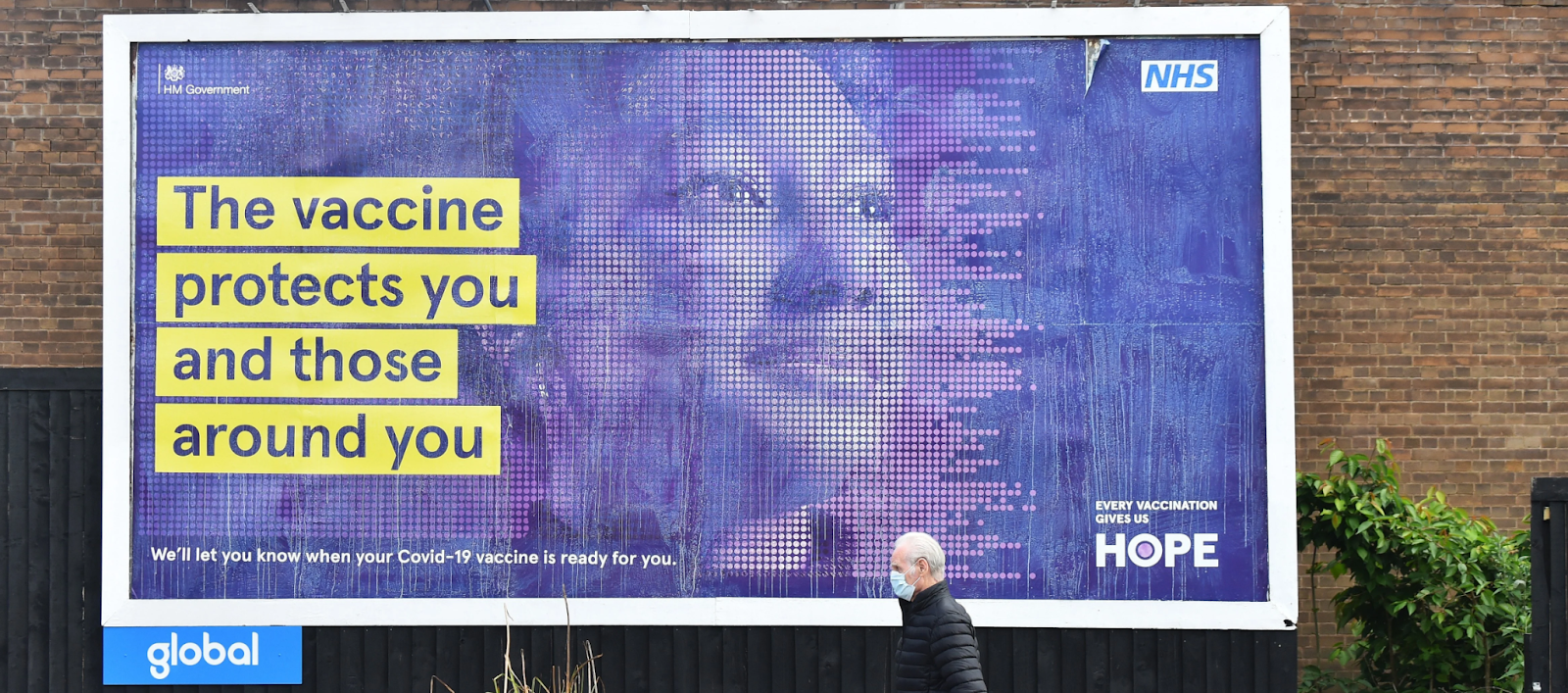The Danger of England’s Freedom Day
Dubbed ‘Freedom Day’, England moves one step closer to a post-covid life. But what does this really mean? Prime Minister Boris Johnson has announced the return of normality for England as cases reach their highest rate since January 2021. Reopenings, the eradication of restrictions and no more working from home, this is England’s proposed beginning of the end.
England moves one step closer to a post-covid life. Nathan Stirk | Getty Images
In February, Johnson announced a four-step plan to get England back towards a pre-covid life. The four-step roadmap set out the precedent that restrictions surrounding social contact would be removed. Large events inside and out would be allowed an unrestricted number of people, masks will no longer be mandatory in any setting, and nightclubs are set to reopen. This day, initially proposed to be on June 21, has been unveiled to take place on July 19.
Health Secretary, Sajid Javid, told Parliament that “July 19th remains our target date. The Prime Minister has called it our terminus date. For me, the 19th of July is not only the end of the line but the start of an exciting new journey for our country.” The Health Secretary has further announced that it is time for the country to learn to live with the virus.
What are the dangers?
Whilst Johnson and fellow ministers have agreed that England must learn to live with the virus, the Delta variant is currently responsible for around 25,000 cases a day in the U.K. This number is growing, with estimates suggesting it could reach 50,000 cases a day by mid-July. However, as cases rise, deaths and hospitalisations remain low with many calling the success of the vaccine rollout as the cause.
86% of England’s population have received at least one dose of the vaccine. Mass vaccination has ensured that hospitalisations have levelled off. However, one danger of opening the country back up as cases soar is that it creates the perfect environment for variants to thrive. Variants pose a threat to the ongoing vaccination drive and Johnson's calls for herd immunity. Whilst the AstraZeneca and Pfizer vaccines have been proven to be effective against the Kent and Delta variants, the same can’t be said for any new developing variants.
Professor Stephen Reicher, said: “It is very frightening to have a health secretary who still thinks Covid is the flu. Who is unconcerned at levels of infection. Who doesn’t realise that those who do best for health also do best for the economy. Who wants to ditch all protections when only half of us are vaccinated.” The country is at risk of repeating last summer. Last year, the government relaxed restrictions, encouraging people to go out and eat in an effort to rebuild the economy. In a matter of weeks, this caused coronavirus cases to soar, resulting in further lockdowns within England.
Are any of the restrictions staying?
Some restrictions, such as wearing masks on public transport, within various workplaces and in places of close social contact, may still remain depending on profession requirements and preferences, however, this will no longer be law.
Is England’s fight against COVID-19 over?
England has not necessarily succeeded in its fight against the coronavirus. With cases rising day upon day, festivals allowed to go ahead, as well as unrestricted social gatherings from July 19, it is not possible to predict the consequences of the government’s decision. Sir Keir Starmer, leader of the opposition party, Labour, said, “Lifting all protections in one go when the infection rate is going up, is reckless.” He proceeded to say that, “A balanced approach or proper plan would say, keep protections.”
The race between getting the country double vaccinated and the Delta variant is ultimately what will decide whether England comes out of ‘Freedom Day’ and subsequently the summer, unscathed. Former director of immunisation at the Department of Health, David Salisbury said on the link between COVID-19 cases and hospitalisations: “The link cannot be entirely broken unless you have eradicated the virus. If the virus is still in circulation, there have to be some consequences of it.” Whilst Johnson believes England is ready for the relaxation of restrictions, a final decision will be made on July 12.
